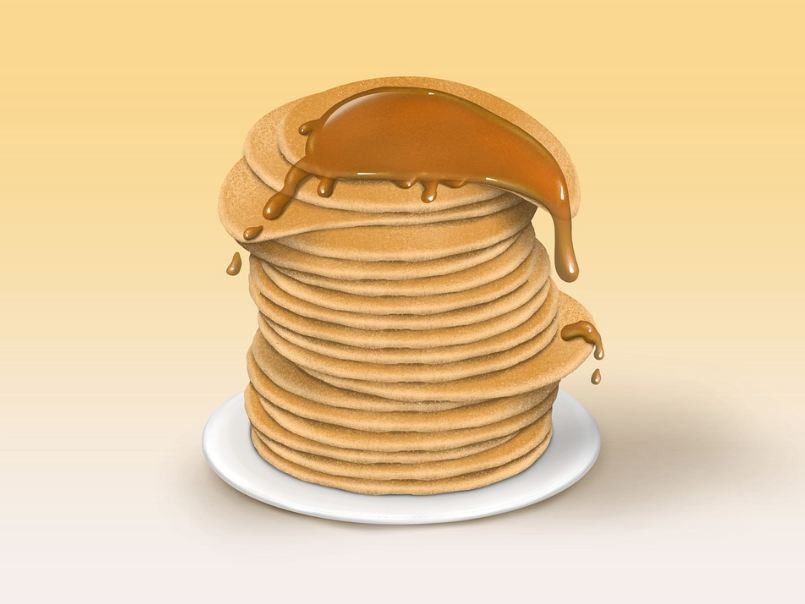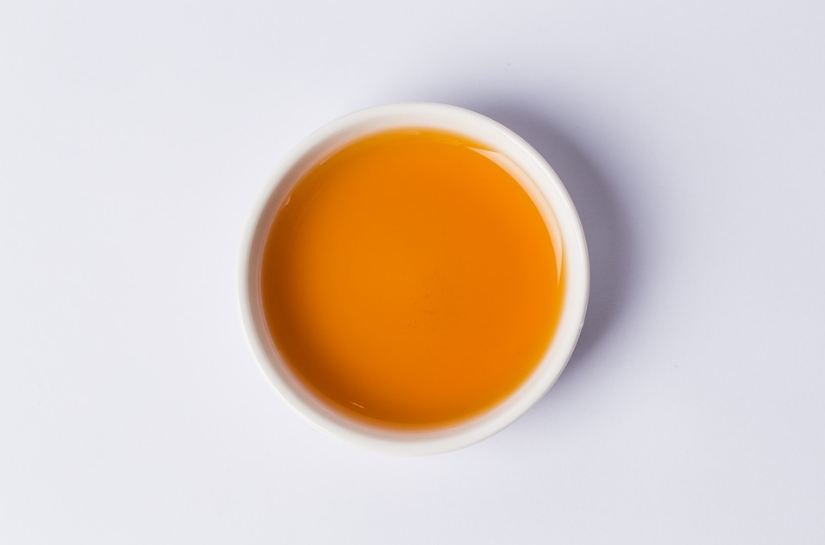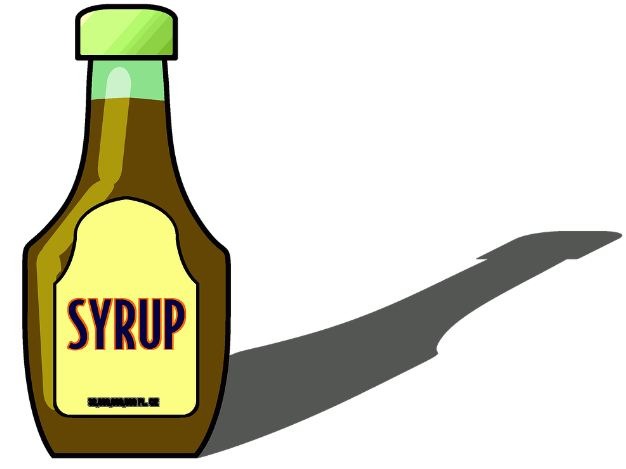If you’ve been trying to cut back on sugar and calories for a healthy breakfast, you may already have considered a sugar-free syrup option or artificial sweeteners. You’re not alone. Artificial sweeteners and other sugar substitutes can be found in a range of “sugar-free” or “diet” foods and beverages, including baked goods and soft drinks. What exactly are all of these sweeteners? And what part do they play in your diet?
Understanding Artificial Sweeteners and Other Sugar Substitutes
Sugar substitutes are sweeteners used in place of table sugar (sucrose). They come in various forms, including artificial sweeteners.
The subject of sugar replacements might be perplexing. One issue is that language is frequently open to interpretation.
Some manufacturers label their sweeteners as “natural” despite being processed or refined. One example is stevia preparations. Furthermore, some artificial sweeteners are created from naturally occurring chemicals, such as sucralose, derived from sugar.
Artificial Sweeteners
Artificial sweeteners are synthesized sugar substitutes. They may, however, be generated from naturally occurring compounds such as plants or sugar. Since they are multiple times sweeter than sugar, artificial sweeteners are sometimes known as intense sweeteners.
Sugar-free syrups can be appealing sugar substitutes because they contribute almost no calories to your diet. In addition, you only need a fraction of the amount of artificial sweetener compared to the amount of sugar you might typically use for sweetness.
Common Artificial Sweeteners
In the United States and/or the European Union, the following artificial sweeteners are permitted:
- Aspartame. Aspartame, often known as Equal, NutraSweet, or Sugar Twin, is 200% sweeter than table sugar.
- Acesulfame potassium. It’s 200% sweeter than table sugar and is also known as acesulfame K. It’s suitable for baking and cooking and is available under the brand names Sweet One or Sunnet.
- Advantame. This sweetener, which is 20,000% sweeter than table sugar, is suitable for cooking and baking.
- Aspartame-acesulfame salt. It’s 350% sweeter than table sugar and is sold under the brand name Twinsweet.
- Cyclamate. Cyclamate was utilized in cooking and baking since it’s 50% sweeter than table sugar. It has, however, been illegal in the US since 1970.
- Neotame. This sweetener, sold under the brand name Newtame, is 13,000% sweeter than table sugar and is suitable for baking and cooking.
- Neohesperidin. It’s 340% sweeter than table sugar and can be used in baking, cooking, and mixing with acidic dishes. You should note that it’s not authorized for usage in the United States.
- Saccharin. Saccharin, sometimes known as Sweet’N Low, Sweet Twin, or Necta Sweet, is 700% sweeter than table sugar.
- Sucralose. Sucralose, 600% sweeter than table sugar, is appropriate for baking, cooking, and blending with acidic foods. Splenda is the brand name for it.
Uses for Artificial Sweeteners
Artificial sweeteners are commonly found in processed foods, such as:
- Baked goods
- Candy
- Canned foods
- Dairy products
- Jams and jellies
- Powdered drink mixes, soft drinks, and other beverages
- Puddings
Artificial sweeteners are also widely used in the household. Some are even suitable for baking or frying.
Specific recipes may require adjustments since, unlike sugar, sugar-free syrups don’t give bulk or volume. Check the labels of artificial sweeteners to see if they are safe to use at home.
Some artificial sweeteners could have a bitter aftertaste. A different artificial sweetener or a mix of artificial sweeteners may be more enticing.
Possible Health Benefits of Artificial Sweeteners
Artificial sweeteners don’t cause cavities or tooth decay. Artificial sweeteners may also be beneficial in the following situations:
- Weight management. Artificial sweeteners contain almost no calories. On the other hand, a teaspoon of sugar has around 16 calories; thus, one can of sweetened cola containing ten teaspoons of additional sugar has roughly 160 calories. Products flavored with artificial sweeteners could be appealing if you’re attempting to slim down or prevent weight gain, but their efficacy for long-term weight loss is unknown.
- Diabetes. Artificial sweeteners are not carbs. Artificial sweeteners, unlike sugar, don’t usually raise your blood sugar levels. If you have diabetes, see your doctor or a dietitian first before using sugar replacements.
Possible Health Concerns With Artificial Sweeteners
For decades, artificial sweeteners were closely examined.
Artificial sweeteners, according to critics, create several health issues, including cancer. This is primarily due to 1970s studies linking artificial sweetener saccharin with bladder cancer in experimental rats. Because of such research, saccharin was formerly labeled with a warning that it could be harmful to your health.
However, the National Cancer Institute and other health organizations claim that there is no scientific proof that any artificial sweeteners allowed for use in the US increase the risk of cancer or other major health problems. Numerous researches have shown artificial sweeteners to be relatively safe in small amounts, especially for pregnant women. As a response, the saccharin warning label was removed.
The Food and Drug Administration, or the FDA, regulates artificial sweeteners as food additives. Before they may be sold, they must be examined, and FDA approved.
The FDA may pronounce a chemical “generally recognized as safe” (GRAS) on occasion. Substances are designated as such if they match one of the following criteria:
- Based on scientific evidence, qualified professionals believe the chemical is safe for its intended usage. This form of GRAS indication can be seen in stevia preparations.
- Because the chemicals have a long history of widespread use in food, they are usually regarded as safe.
- For each artificial sweetener, the FDA has defined an acceptable daily intake (ADI), which is the maximum amount of a substance considered safe to take every day over an individual’s lifetime. ADIs are fixed at extremely low levels.
If you find this post helpful, we also recommend you read our article about the 15 Best Pancake Mixes of 2021.



